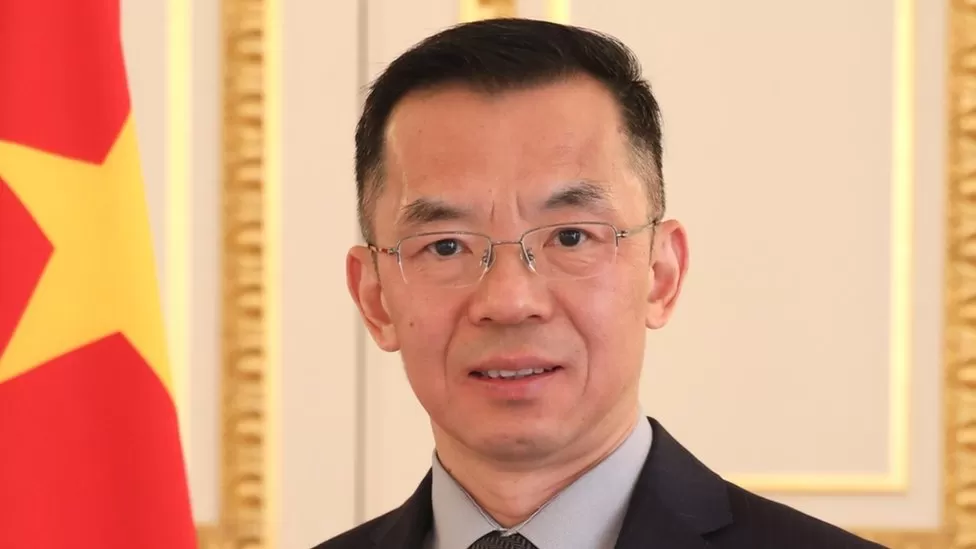China’s Ambassador to France, Lu Shaye, caused a stir with his comments regarding the sovereignty of Ukraine and other former Soviet republics. In an interview with the French LCI network last week, he suggested that Ukraine and other former Soviet countries could not rely on international law to defend their sovereignty. He argued that even these former Soviet countries did not have an effective status under international law because there was no international agreement to concretize their status as sovereign countries.
This statement was met with widespread outrage and calls for clarification from Beijing. On Monday, China’s foreign ministry distanced itself from Lu’s remarks, saying it respected the independence of all post-Soviet republics. The ministry’s spokeswoman Mao Ning emphasized that Beijing respected the sovereignty, independence, and territorial integrity of all countries, and upheld the purposes and principles of the United Nations Charter. She went on to say that while the Soviet Union was a federal state and had the status of an entity of international law in its entirety in foreign affairs, each member republic of the Soviet Union had the status of a sovereign state after the dissolution of the Soviet Union.
Lu’s comments were particularly sensitive in the context of Russia’s annexation of Crimea in 2014, which has been widely condemned by the international community. Russia’s annexation of Crimea has been a major point of contention between Russia and Ukraine, and many in the West doubt China’s impartiality on the issue due to its status as a major ally of Russia.
China sees itself as a major player in attempts to bring peace to Ukraine, but its close relationship with Russia has made it difficult for some to see it as an impartial mediator in the conflict. In recent years, China has become an increasingly important trading partner for Russia amid Western sanctions prompted by the invasion of Ukraine.
Lu’s remarks have also raised concerns in the Baltic states, which were seized by the USSR in 1940 and only achieved independence in 1991 as it was collapsing. The foreign ministers of Lithuania, Latvia, and Estonia have summoned China’s representatives to clarify Lu’s comments.
Lu is no stranger to controversy and is known as one of the “Wolf Warriors” of Chinese diplomacy for his abrasive style. He has caused a stir in the past with his remarks, including suggesting that old people had been abandoned in care homes during the Covid-19 pandemic.
Lu Shaye’s comments about the sovereignty of Ukraine and other former Soviet republics have generated concern and anger. Despite the Chinese foreign ministry’s attempt to distance itself from Lu’s remarks and reaffirm its respect for the sovereignty of all post-Soviet republics, this incident underscores the difficulties that China faces in navigating its relationship with Russia and its role as a mediator in the Ukraine conflict.





